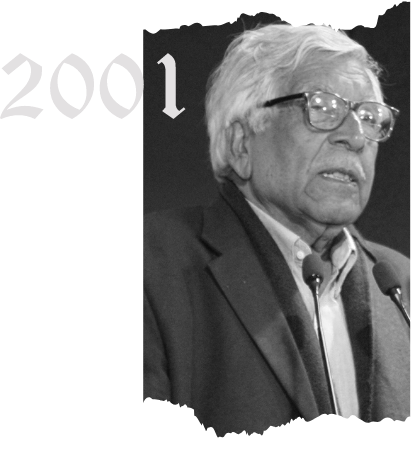Content
Pictures
‘https://commons.wikimedia.org/wiki/File:Shri_Yogendra_Alagh.jpg’
‘https://unsplash.com/photos/bX0tQ0HTRLg’
Why constituted?
On 19 July 2000, the Yoginder Kumar Alagh Committee was constituted to review the existing scheme of the Civil Services Examination. The Committee discussing Emerging Perspectives on the Civil Services gave specific suggestions to make the bureaucracy more efficient and result-oriented. In addition, it recommended remedial measures for the recruitment and induction phases.
The committee focused on having new ideas & creative and innovative thinking that will help in more Diversification of Knowledge for making a better understanding. It focused on Facilitation, Commitment, Transparency, Practical, Dynamic, and bottom-up thinking as the key attributes. The execution Gaps exist in Clarity, Translation, Enabling, Synergy & Accountability. The parameters for measurements are Skill, Knowledge & Attitude continuously, which need to be developed every day. To simplify the process, a habit of learning the latest technology and techniques is essential.
According to the Committee, the recruitment and training of civil servants should be a long-term exercise. Future Civil servants should be exposed to field-oriented development activities to remain in touch with people at the grassroots. The committee refers to some fundamental flaws in the mindsets of civil servants. A strongly worded chapter says that in popular perception, members of civil services have a ruler's perspective, show no courteous and human behavior, are devoid of transparency in decision-making, and seem to be preoccupied with their survival & vested interest. They should also have the ability to interface with modern technology and institutions of local self-government. It favored testing the candidates in a typical subject rather than optional subjects. An aptitude test in the preliminary stage with logical reasoning, comprehension, problem-solving, and data analysis is essential, and aspirants need to be tested on decision-making skills. It recommended lateral entry into the middle and senior levels of the government.
The age for entrants to the higher civil services should be between 21- 24 years, with a five-year age concession for members of the Scheduled Castes/Scheduled Tribes and three years for the Other Backward Classes. Furthermore, to establish a level playing field, it recommended that the optionals at the Main examination be replaced by four compulsory papers-Sustainable Development and Social justice, Science and Technology in Society, Democratic governance, Public Systems, and Human Rights.
Know More NEXT STORY Share add-knowledge
add-knowledge
